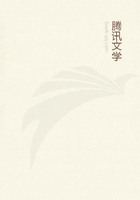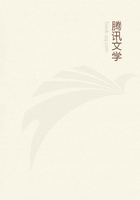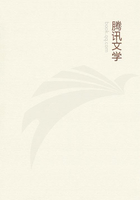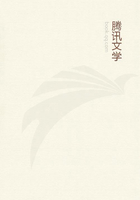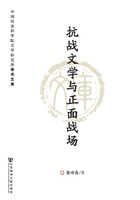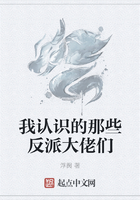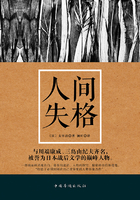Even after Poland lost its independence this alliance and this union remained firm in spirit and fidelity. All the national movements towards liberation were initiated in the name of the whole mass of people inhabiting the limits of the old Republic, and all the Provinces took part in them with complete devotion. It is only in the last generation that efforts have been made to create a tendency towards separation, which would indeed serve no one but Poland's common enemies. And, strangely enough, it is the internationalists, men who professedly care nothing for race or country, who have set themselves this task of disruption, one can easily see for what sinister purpose. The ways of the internationalists may be dark, but they are not inscrutable.
From the same source no doubt there will flow in the future a poisoned stream of hints of a reconstituted Poland being a danger to the races once so closely associated within the territories of the Old Republic. The old partners in "the Crime" are not likely to forgive their victim its inconvenient and almost shocking obstinacy in keeping alive. They had tried moral assassination before and with some small measure of success, for, indeed, the Polish question, like all living reproaches, had become a nuisance.
Given the wrong, and the apparent impossibility of righting it without running risks of a serious nature, some moral alleviation may be found in the belief that the victim had brought its misfortunes on its own head by its own sins. That theory, too, had been advanced about Poland (as if other nations had known nothing of sin and folly), and it made some way in the world at different times, simply because good care was taken by the interested parties to stop the mouth of the accused. But it has never carried much conviction to honest minds. Somehow, in defiance of the cynical point of view as to the Force of Lies and against all the power of falsified evidence, truth often turns out to be stronger than calumny. With the course of years, however, another danger sprang up, a danger arising naturally from the new political alliances dividing Europe into two armed camps. It was the danger of silence. Almost without exception the Press of Western Europe in the twentieth century refused to touch the Polish question in any shape or form whatever. Never was the fact of Polish vitality more embarrassing to European diplomacy than on the eve of Poland's resurrection.
When the war broke out there was something gruesomely comic in the proclamations of emperors and archdukes appealing to that invincible soul of a nation whose existence or moral worth they had been so arrogantly denying for more than a century. Perhaps in the whole record of human transactions there have never been performances so brazen and so vile as the manifestoes of the German Emperor and the Grand Duke Nicholas of Russia; and, I imagine, no more bitter insult has been offered to human heart and intelligence than the way in which those proclamations were flung into the face of historical truth. It was like a scene in a cynical and sinister farce, the absurdity of which became in some sort unfathomable by the reflection that nobody in the world could possibly be so abjectly stupid as to be deceived for a single moment. At that time, and for the first two months of the war, I happened to be in Poland, and I remember perfectly well that, when those precious documents came out, the confidence in the moral turpitude of mankind they implied did not even raise a scornful smile on the lips of men whose most sacred feelings and dignity they outraged.
They did not deign to waste their contempt on them. In fact, the situation was too poignant and too involved for either hot scorn or a coldly rational discussion. For the Poles it was like being in a burning house of which all the issues were locked. There was nothing but sheer anguish under the strange, as if stony, calmness which in the utter absence of all hope falls on minds that are not constitutionally prone to despair. Yet in this time of dismay the irrepressible vitality of the nation would not accept a neutral attitude. I was told that even if there were no issue it was absolutely necessary for the Poles to affirm their national existence. Passivity, which could be regarded as a craven acceptance of all the material and moral horrors ready to fall upon the nation, was not to be thought of for a moment. Therefore, it was explained to me, the Poles MUST act. Whether this was a counsel of wisdom or not it is very difficult to say, but there are crises of the soul which are beyond the reach of wisdom. When there is apparently no issue visible to the eyes of reason, sentiment may yet find a way out, either towards salvation or to utter perdition, no one can tell--and the sentiment does not even ask the question. Being there as a stranger in that tense atmosphere, which was yet not unfamiliar to me, I was not very anxious to parade my wisdom, especially after it had been pointed out in answer to my cautious arguments that, if life has its values worth fighting for, death, too, has that in it which can make it worthy or unworthy.

